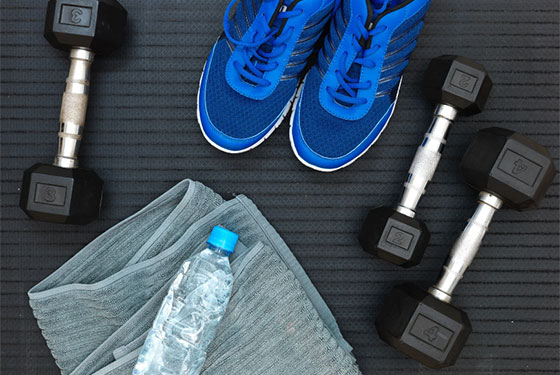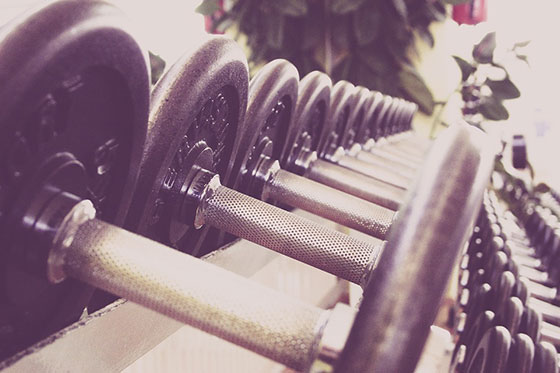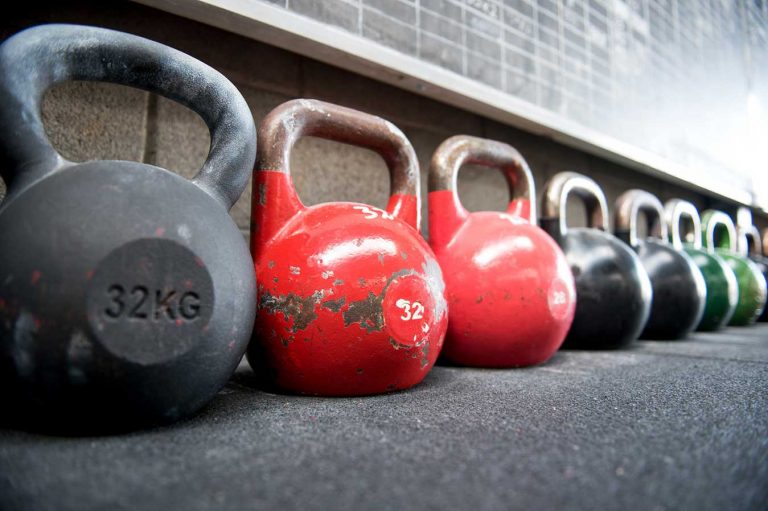Exercise contributes to physical fitness and mental well-being. Millions of people engage in various forms of exercise daily, whether jogging, weightlifting, yoga, or team sports. However, despite the many benefits of physical activity, injuries can and do occur. In some cases, these injuries may be due to the negligence or misconduct of others, warranting legal action. This comprehensive guide will explore six compelling reasons to consult a lawyer if you’ve been injured while exercising.

1. Pursuing Compensation
If someone else’s negligence or misconduct caused your exercise-related injury, you may be entitled to compensation for your losses. According to a seasoned spinal cord injury lawyer, seeking compensation for your exercise-related injury is not just about covering medical bills; it’s about regaining your quality of life and ensuring you have the resources you need for recovery. Compensation can cover various aspects of your injury, including:
- Medical Expenses: This includes medical treatment, hospital stays, surgeries, medications, rehabilitation, and ongoing healthcare needs related to your injury.
- Lost Income: If your injury has resulted in time away from work or a diminished earning capacity, you may be eligible for compensation for lost wages and potential future earnings.
- Pain and Suffering: Compensation may also encompass the physical pain, emotional distress, and reduced quality of life you’ve experienced due to your injury.
- Property Damage: In cases where equipment or personal property was damaged due to the incident, compensation can help cover repair or replacement costs.
A legal advocate experienced in personal injury law can help you quantify your losses and pursue the appropriate level of compensation. They will negotiate with insurance companies and, if necessary, take your case to court to ensure that you receive fair and just compensation.
2. Dealing with Insurance Companies
In many exercise-related injury cases, insurance companies are involved. Gym owners, trainers, and sports facilities often carry liability insurance to protect themselves from accidents or injuries. Insurance companies may attempt to minimize their liability and offer settlements that fall short of covering your losses. A lawyer can serve as your advocate when communicating with insurance companies. They understand the tactics and strategies that insurers use and can ensure that your rights and interests are protected. Your legal advocate will work to secure a just settlement adequately compensating you for your injury-related expenses.
3. Determining Liability
Determining liability is one of the first and most crucial steps in any exercise-related injury case. Liability refers to legal responsibility for causing harm. Identifying who is liable for your injury is not always straightforward and may involve a thorough investigation. Several parties could potentially be at fault:
- Fitness Facilities: Gym owners and staff must maintain a safe environment for their patrons. Negligence in maintaining equipment, failure to provide adequate supervision or inadequate facility maintenance can lead to injuries for which the gym may be held responsible.
- Personal Trainers: If you worked with a personal trainer during your injury, their actions or inactions may be a contributing factor. For example, if a trainer pushes you too hard without considering your fitness level or provides improper guidance, they could be liable.
- Product Manufacturers: In some cases, exercise equipment or products may be defective, causing injuries. Manufacturers or distributors may be held responsible for injuries resulting from product defects or failures.
- Other Participants: In group activities or team sports, the actions of other participants can lead to injuries. If another participant’s reckless or intentional behavior caused your injury, they may be liable.
A legal practitioner specializing in personal injury can help investigate your injury’s circumstances and determine who bears responsibility. They will work to establish liability and build a strong case on your behalf.
4. Proving Negligence
To succeed in a personal injury case related to exercise, you must demonstrate negligence on the part of the responsible party. Negligence refers to the failure to exercise reasonable care, harming others. Proving negligence typically requires establishing the following elements:
- Duty of Care: You must show that the other party owed you a duty of care. For example, gym owners must maintain a safe environment for patrons, while personal trainers must provide appropriate guidance.
- Breach of Duty: You must show that the responsible party breached their duty of care through actions or inactions. This could involve, for example, failing to repair broken equipment or providing improper instructions.
- Causation: You must establish a direct link between the breach of duty and your injury. In other words, you must show that the negligence directly harmed you.
- Damages: Finally, you must prove that you suffered actual damages like medical expenses, lost wages, or pain and suffering resulting from the injury.
A skilled personal injury legal practitioner can help you gather evidence, interview witnesses, and build a compelling case to prove negligence.
5. Navigating Complex Legal Issues
Exercise-related injury cases can involve complex legal issues, mainly if they occur in a gym or fitness facility. Many gyms require patrons to sign liability waivers as part of their membership agreements. These waivers can complicate matters, as they may limit your ability to pursue legal action. However, waivers are not always ironclad, and there are circumstances in which they may be challenged.
An experienced lawyer can assess the validity of a waiver and determine whether it may be subject to exceptions, such as cases involving gross negligence or intentional misconduct. Laws can vary widely, so having a lawyer familiar with your jurisdiction’s relevant legal framework is crucial.
6. Advocating for Your Rights
Perhaps one of the most significant reasons to consult a lawyer if you’ve been injured while exercising is to have a dedicated advocate. A lawyer will prioritize your interests, work diligently to build a strong case, and fight for your rights every step of the way. They will take care of the legal complexities, allowing you to focus on your recovery and well-being. Furthermore, having legal representation can send a powerful message to the responsible parties. When they see that you are serious about pursuing legal action, they may be more inclined to negotiate a fair settlement rather than risk a costly and public trial.

If you’ve been injured while exercising, consulting a lawyer can be crucial in seeking justice and fair compensation. Whether your injury occurred in a gym, during a sports activity, or while working with a personal trainer, a skilled personal injury attorney can help you navigate the legal complexities, determine liability, pursue compensation, and advocate for your rights. Don’t let an exercise-related injury go unaddressed; reach out to a qualified lawyer who can guide you through the legal process and help you on your path to recovery.



